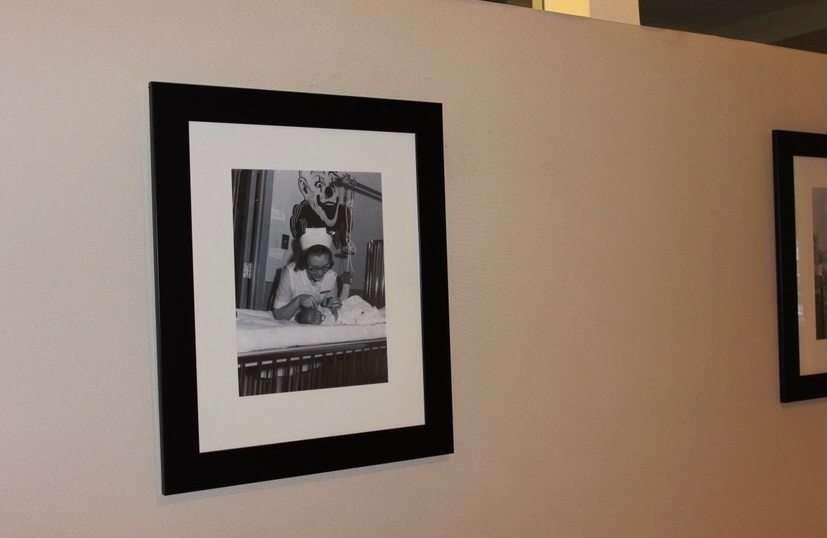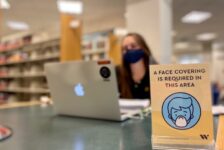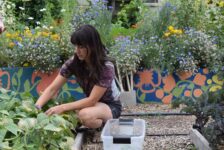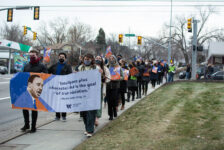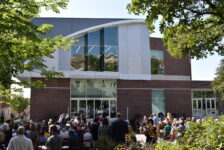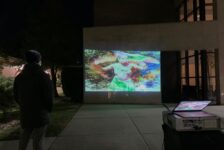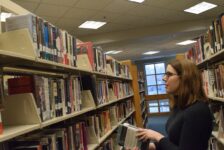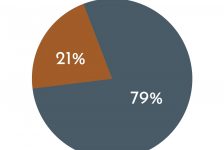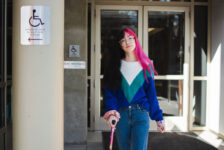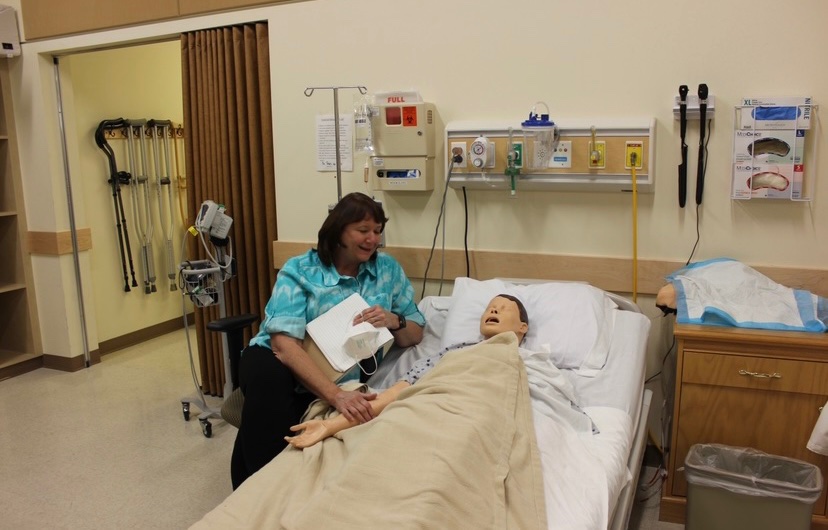
When COVID-19 struck, Westminster nursing students – whose field of study largely requires hands-on experience – had to learn how to navigate learning online.
Brynn Sayler, a senior nursing major, was in the spring semester of her sophomore year when classes moved online.
“I was really worried [about online classes] because nursing school is very hard and we use our teachers in the class as a reference for a lot of different things,” Sayler said.
The nursing program curriculum relies heavily on hands-on experience, such as labs, clinicals, and simulations.
Sayler’s class was introduced to real-life work when virtual learning became necessary.
“I feel like we as a cohort were looked down upon by nurses [at the hospitals we work at] because they knew that we weren’t learning in person,” Sayler said. “You could tell there was a little bit of hesitancy there.”
The undergraduate performances of students hoping to go to medical school are the most important aspects of their applications, according to The Princeton Review. Students’ science GPAs, non-science GPAs and cumulative GPAs are all considered.
Frances Peacock, an academic adviser and assistant director of student success and retention at Westminster, empathizes with the nursing students and professors who worked and studied through the COVID-19 pandemic. She said she specifically feels for those who taught and took chemistry in the nursing field.
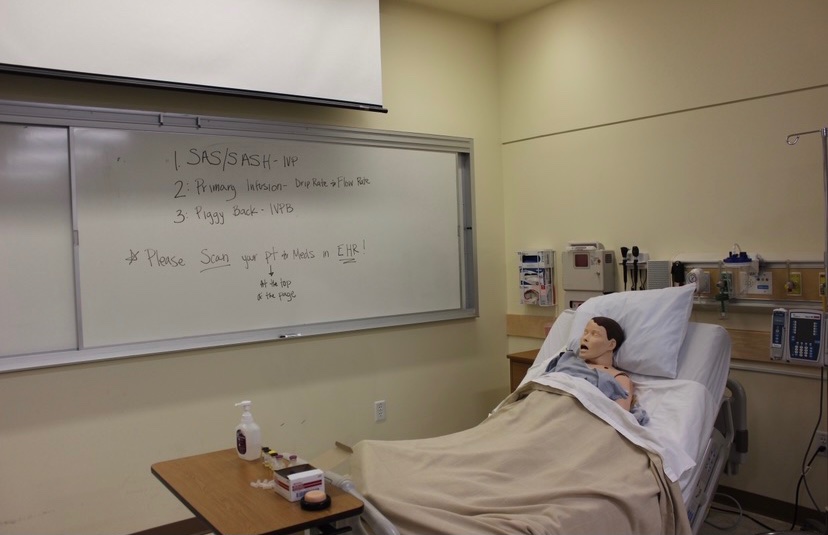
“I can’t imagine teaching chemistry online,” Peacock said. “I know some of the chemistry students are having to retake chemistry classes because it was tough. If you’re a pre-med student, you want to get A’s in your chemistry classes, and that was much more difficult during the pandemic.”
All nursing students have to have a cumulative test exam score and quiz exam score of 80% or higher, according to Sayler. Many of the students she knows try to maintain a GPA of 3.5 or higher.
Sayler is aware that some nursing students were sent back a semester, although she has not experienced it herself.
“I talked to a few people [who are] younger than me and they actually got sent back a semester because, [organic chemistry] is something that you have to be in-person for,” Sayler said. “It is not something you can do online because it’s so hard and it’s so confusing.
Peacock, going on her eighth year as a Westminster adjunct faculty member, worked with her colleagues through the learning process of moving classes online.
“It was a concern of the chemistry faculty, and me and the director of student retention.” Peacock said. “We all had it on our radar, ‘How can we better help these students?’”
As nursing students, people like Sayler have to be acutely aware of their grades in order to find success in the program, according to Peacock and Sayler.
“To be in nursing school and move on from each semester, you have to have a cumulative test exam score and quiz exam score of 80% or higher,” Sayler said. “That is something that is very, very focused on just because if you don’t get that you’re not going to move onto the next semester.”
While online classes posed unique challenges to nursing students, it also presented opportunities that would not have otherwise arisen, according to Van Os.
Diane Van Os, a professor of nursing at Westminster, acknowledges learning opportunities that are unique to the COVID-19 pandemic.
“Students have been able to see health disparities in action because COVID-19 affected people of color more,” Van Os said. “We saw patients who were more vulnerable, patients without health insurance. […] To me, that’s been a good thing that our nursing students are able to see that this issue of health disparity, of not having access to health care, really matters.”
Classes are back in-person, masks are required, but nursing students can be back in the lab gaining hands-on experience.
Westminster students and faculty are able to learn and teach in-person again, which also prompts a readjustment to classroom culture.
Van Os is ecstatic to be back in-person, working with students and rebuilding relationships on a day-to-daybasis.
“The reason I teach is because of the interpersonal relationships,” Van Os said. “hen we can’t be with [our students] you just lose so much […] the communication changes, your relationships change just because you’re not in-person and just chatting after class.”
